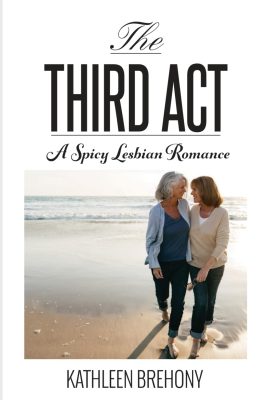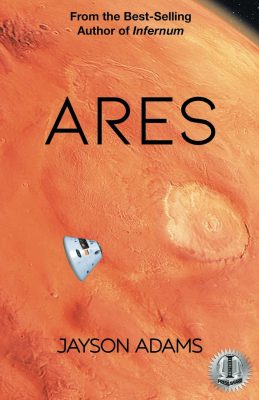|
Listen to or download this article:
|
Wokelynd by George Denny transports readers to a futuristic New California, where the government’s benevolent rhetoric of equity and inclusion disguise instead an insidious quest for power and dominance.
A panoramic view of New California as an independent nation in 2066 sets the scene. The authoritarian JSS (Justice of Social Soldiers) wields absolute control over the population of this nation, where despotic policies stifle human autonomy. The ‘intersectionality score’ of an individual governs their position in the social hierarchy; the higher the score– the higher the chances one has experienced historical oppression– the higher their privileges. The result is chaos: an ideological rift has taken over the nation as the Liberati challenge the status quo with a stance of ‘Anti-Anti-Racist ideology’.
Distrust and division pervade New California. The story opens on a fierce military operation between the JSS and Nevada at Lake Tahoe over ideological disputes. The ambiguity and perplexity of soldiers are embodied through Quinceton, a teenage sniper with the identity of a straight cisgender boy of African descent. A soldier under the JSS government, Quinceton straddles his commitment to JSS and his dilemma due to a growing awareness of the complexities in the despotic system. Wokelynd ushers Quinceton along a journey of self-discovery and resistance, along with companions Sarah and Bones, as they navigate the treacherous paths of identity politics and societal change.
The climax throws Quinceton into the throes of uncertainty as he grapples with the JSS’s professed motive of universal equity versus their thirst for power.
The horrors of warfare with Nevada further disillusion Quinceton, leading him to question his duty and the greater good of all. As Quinton and his companions navigate through the apocalyptic landscape of post-war New California, they encounter the elderly Tinh, living off the grid with his family. Tinh reveals his involvement in the secret network ‘Rooftop Railroad’, aiding refugees out of JSS’s grasp, as well as opening clandestine chapters in the history New California, which were otherwise written only from the regime’s viewpoint.
The encounter foreshadows a critical juncture for the three soldiers, especially Quinceton, as they turn to the precarious roles of revolt and defiance. The peril of Anti-Anti-Anti Racist (AAA), the muscle of JSS, awaits them. To AAA patrolpersons, dissenters are terrorists who end up in the ‘DIE’ camp– offers either indoctrination or death. With AAA’s manipulation and severe disciplinary measures in place, the trio is headed for a future where equality reigns supreme.
George Denny makes an intriguing correlation between language and power dynamics.
The JSS government exercises control by shaping the discourse of citizens. Phrases such as “Anti-Racist” and “Anti-Anti-Anti-Racist” (AAA) reinforce the ideas that the New Californian Society stigmatizes. Likewise, the title “Knowers”, for the top members of society with the highest influence over people and policymaking, reflects the government’s implied justification for their every decision. But this use of language to maintain authority is echoed in the linguistic tactics of the opposing Liberati to mobilize resistance.
Social and political allegory of frail government policies and the erosion of freedom manifest through Tinh’s family. Tinh disregards the JSS’s programs aimed at promoting equality and welfare. He stresses autonomy and self-reliance, recognizing the inherent limitations of government projects that perpetuate exclusion and dependency despite their professed objective of encouraging fairness.
“The most potent weapon in the hands of the oppressor is the mind of the oppressed.” This quote by Steve Biko reverberates in the pages of Wokelynd. This piece lays bare an insatiable desire for power and control contrasted with the indomitable spirit of human agency.











Leave A Comment